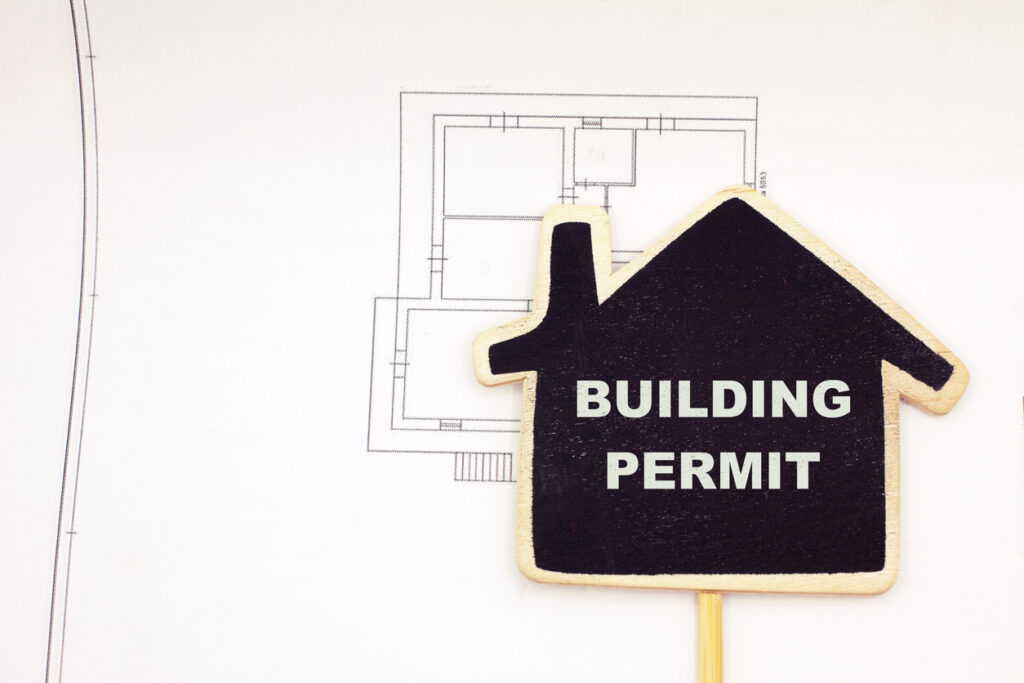When planning a home renovation or construction project in Oregon or Washington, permits and inspections are vital to ensuring that the work is completed safely and up to code. While the process of obtaining permits can sometimes feel frustrating, time-consuming, and expensive, it’s essential to understand why it’s important for homeowners to navigate this system carefully.
Why Permits and Inspections Matter
Permits and inspections exist to protect you as a homeowner. They ensure that any construction work being done complies with the International Residential Code (IRC), a set of minimum safety standards for home construction. These standards cover everything from electrical wiring to plumbing and foundation work. When a contractor pulls a permit, they are committing to performing the work according to these safety regulations. A local building inspector will then review the project to ensure no shortcuts were taken, providing you with peace of mind that your home is safe and secure.
Whether you’re updating your foundation, repairing a concrete slab, or undertaking structural renovations, completing the work according to the code also helps avoid future complications. For example, non-permitted work can cause problems when selling your home or during insurance claims if damage occurs.

A Brief History of Building Codes
Building codes in the U.S. originated in the early 20th century to set construction standards for homes and buildings. Historically, there were three main organizations responsible for developing these codes:
- Building Officials Code Administrators (BOCA) on the East Coast and Midwest.
- Southern Building Code Congress International (SBCCI) for the Southeast.
- International Conference of Building Officials (ICBO), which covered the West Coast and Midwest, including Washington and Oregon.
In 1994, these organizations merged to create the International Code Council (ICC). Today, the ICC publishes the IRC, the code used for residential construction across the U.S. Municipalities in Oregon and Washington rely on this code to establish local regulations.
Choosing a Contractor: The Importance of Pulling Permits
If a contractor fails to obtain a permit for your project, it’s a red flag. Here are common reasons why contractors might skip this step and why it should concern you:
1. Honest Mistakes
In some cases, a contractor may simply forget to file the necessary paperwork. However, this “honest mistake” can create serious issues for homeowners. Non-permitted work can delay the sale of your home and lead to difficulties with insurance companies, especially if the work doesn’t meet minimum safety standards. Additionally, it could reflect poorly on the contractor’s attention to detail.
2. Unfamiliar with Updated Codes
Building codes change periodically. A competent contractor should stay informed about these updates, especially in areas like the Pacific Northwest, where seismic activity and weather conditions influence construction standards. A contractor who doesn’t know the current codes might not be equipped to handle your project.
3. Shady Practice
Some contractors deliberately avoid permits to cut costs or because they lack the necessary skills to meet code requirements. This can result in substandard work that compromises the safety of your home. Always choose a contractor who is transparent about the permitting process and committed to following the rules.
4. No Code Exists
In certain cases, there might not be a specific code for the type of work being performed. For example, some foundation repair techniques or niche projects might not have an exact code. However, this doesn’t mean that the project shouldn’t be done to a high standard. Always insist that your contractor uses proper engineering principles and can demonstrate their expertise in specialized areas of construction.
Who is Responsible for Permits?
Ultimately, the responsibility for obtaining the necessary permits lies with the homeowner. If your contractor skips this step, you could end up facing the consequences, including fines, penalties, or even being forced to undo the work. Don’t hesitate to ask questions and ensure that your contractor is complying with all local codes.
Learn More

